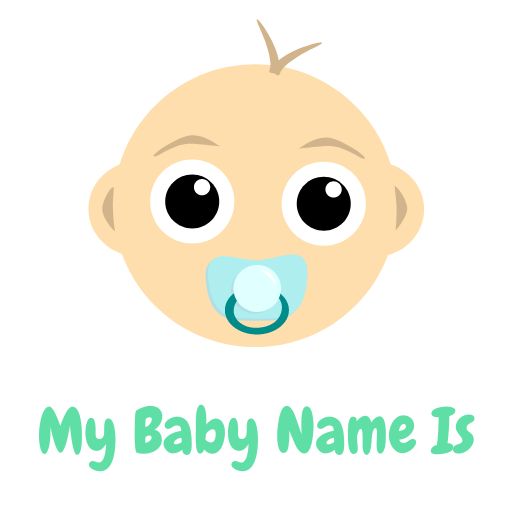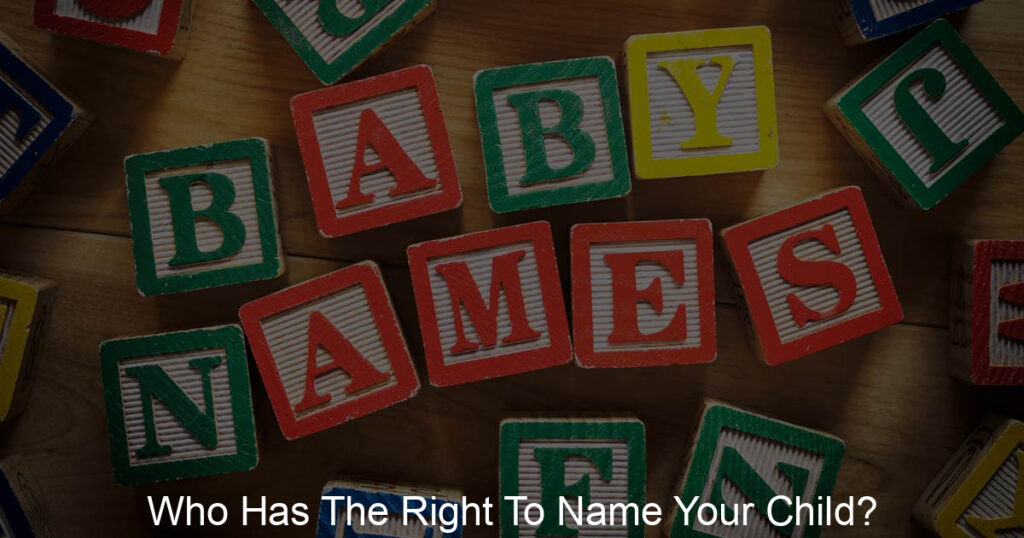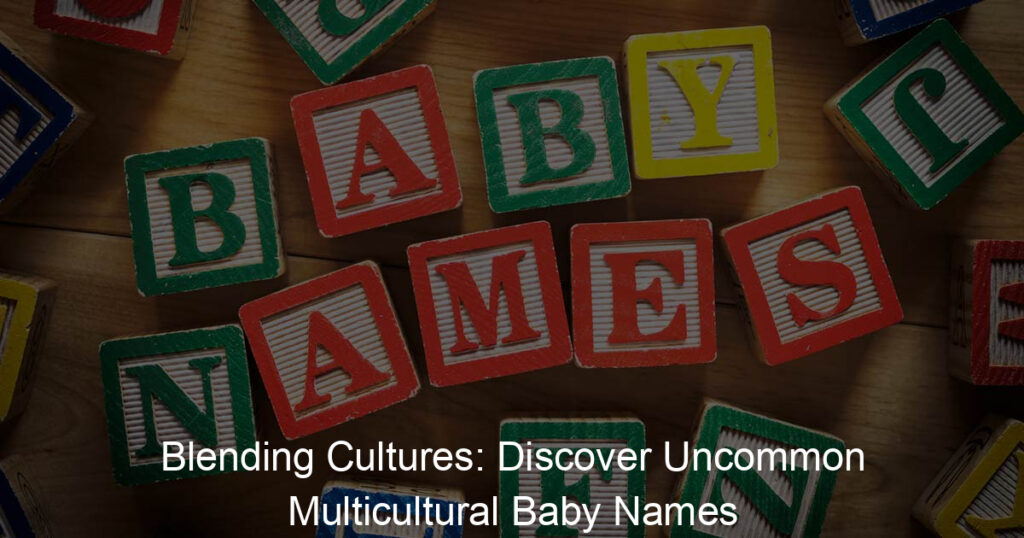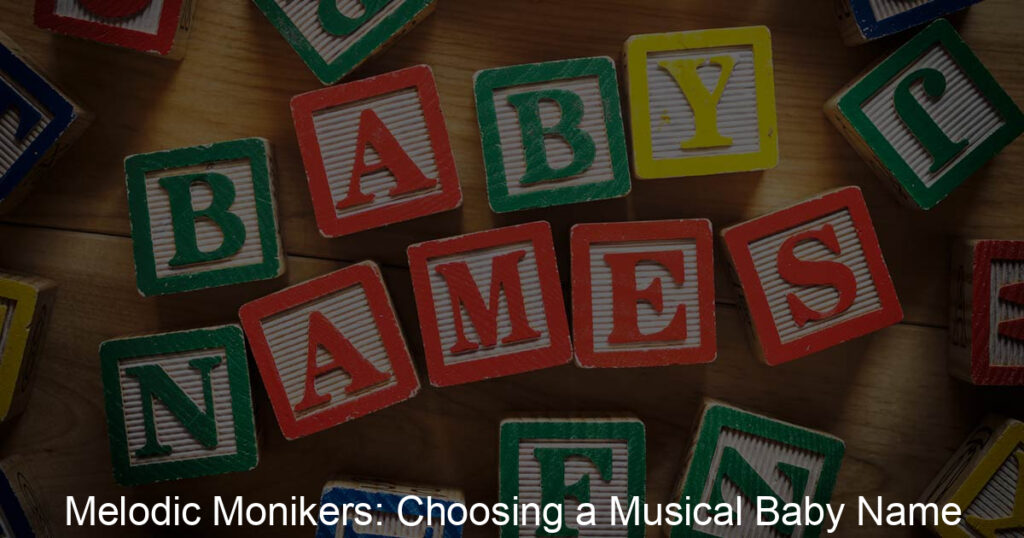It can be an incredibly challenging and emotional undertaking to name a child – after all, their name will stay with them for the rest of their lives! Every parent has different opinions about which names are suitable for their children, but it can often cause tension when more than one person feels they have a say in the matter.
This blog post will explore this dilemma from a range of perspectives and take into consideration who actually ‘owns’ that right; is it completely up to you as parents or do other family members have some sort of stake? You may be surprised at what we uncover in our quest to answer this age-old question. So, sit back, relax, and join us on this journey as we delve further into the complex subject of naming rights.
Which parent has the right to name a child?
Naming a child can be one of the most important decisions that a parent has to make. It serves as the identity link between generations and shapes how an individual will be perceived by the world around them. Because of this, it is important for both parents to feel invested in the process.
In situations where the parents disagree on the name, options should be put forward by both parties and ensure both parents feel respected in the decision-making process. After all, children need both mommy and daddy involved from birth, and giving them their names should be no different!
Can a mother name a child without the father?
When it comes to the question, can a mother name a child without the father, the resounding answer is yes, she absolutely can. While a father’s opinion and consent would likely be considered by many mothers before making such an important decision, there are no laws prohibiting a mother from naming her child without any input from the baby’s father.
Ultimately, choosing a name for your child is one of those moments in life where you should take your time and pick something that carries special significance. Whether you have great support from family and the opinion of your child’s father or not, this decision still lies squarely with you as the parent. With so many options out there now when it comes to meaningful names and combinations, turning away help on this front may not be such a bad thing after all.
Can a parent name their child anything?
Though there are some restrictions imposed by law, a parent can name their child almost anything. Of course, any names that parents decide to give their kids must still follow the regulations set in place by the Office of Vital Records in the state they reside in.
For instance, if it’s too long or includes certain symbols like numbers and accent marks, it may be rejected. All in all, if you have something truly unique you’d love to call your child, it’s possible! After all, a name is an important part of who we become and what we stand for.
Whose name does a child take?
The name that a child takes is usually a combination of their parent’s names, or a variation thereof. Some cultures have their naming conventions and traditions (for example, Spanish-speaking countries) that dictate the order in which names are given to children at birth.
As far as surnames go, the father’s surname is typically used, although there are some minor exceptions like when two sisters decide to use the same last name. Each family is free to make their own decisions when it comes to these sorts of things, so ultimately whoever’s name your little bundle of joy takes depends on the personal preferences of mom and dad.
Who has rights to the child’s father or mother?
The debate on who has rights over the child between father and mother will never end. As time changes, it is difficult for traditional gender roles to have full authority regarding parenting. It has been established in most courts of law that both parents have equal responsibility and rights to the upbringing of their children unless proven otherwise with court-ordered legal documentation.
Sometimes, the best interests of a child are evident in which parent will take on complete responsibility, however, even then it should remain relevant that both parents hold rights, regardless if they are actively involved or not. In all matters related to a child’s well-being, the father and mother should unite as one unit to bring forth the best outcome for their children.
What happens if parents disagree with the baby’s name?
When parents can’t agree on a baby’s name, it can be a tricky situation. Understandably, both mom and dad want to have their say in the naming of their new little one, but it’s important to remember that a compromise must be made.
Despite any frustrations or disagreements, the most important thing is for Mom and Dad to come up with a solution that will make the entire family happy. In some cases, it might just mean combining favorite names into one unique option – like blending two names into one or picking one parent’s choice as the first name and the other’s pick as a middle name – so everyone feels included.
Who is responsible for the naming of the child and why?
Naming a baby can often be one of the most exciting, yet daunting tasks for new parents. Since it will be something that sticks with them throughout their lives, much thought and care should go into deciding on one. Despite the important milestone, there’s no right or wrong answer to who is responsible for naming the child.
In many cases, both parents put together a list of names they like and decide on one as a team. On the other hand, families might observe traditions of assigning different roles to relevant relatives when it comes down to picking out the name – from grandparents to uncles and even friends. Ultimately though, it falls on the couple to ensure that their baby feels proud of their name and identity going forward.
Can a child’s name be changed without the father’s consent?
When it comes to changing a child’s name, the consensus is that both parents should agree before any formal changes are made. However, in some circumstances, the courts may decide without the agreement of the child’s father.
This could be due to legal restrictions put in place such as a restraining order, biological paternity being unconfirmed, or when the whereabouts of the father is unknown. Whatever situation leads to this decision, it can be complicated and emotionally taxing for everyone involved. Nevertheless, it’s important to have as much legal clarity as possible to ensure that everyone is on the same page.
Can I refuse to name my child?
Deciding what to name a child can be stressful, especially if parents don’t agree. In the end, it’s a personal decision made between the couple or whoever the legal guardian is in the situation. More often than not, parents will eventually come to a mutually agreed-upon name that fits their vision for their little bundle of joy.
However, if both parents are unable to agree and one wishes to refuse to give their child a name completely, there is no law or other mechanism that compels parents to name their baby. In this case, it would be wise for couples to seek counseling – both individually and together – to figure out the best way forward together.
Conclusion
All in all, deciding who should have the right to name your child is a totally personal decision. Ultimately, it’s up to each family and the values they prioritize when making the choice. Some may opt for sentimental value and let grandparents or family members weigh in on possibilities, while others may choose complete autonomy by selecting a name independently of other influences.
As long as both parents agree on what they want to call their child and feel good about their decision, then this debate isn’t so important after all – as long as the child is happy and healthy, that’s all that matters! Whatever you decide to do, just remember that this big parenting decision doesn’t need to put any pressure on you – embrace it as an opportunity to be creative and create a special bond between yourself, your partner, and your upcoming bundle of joy!








